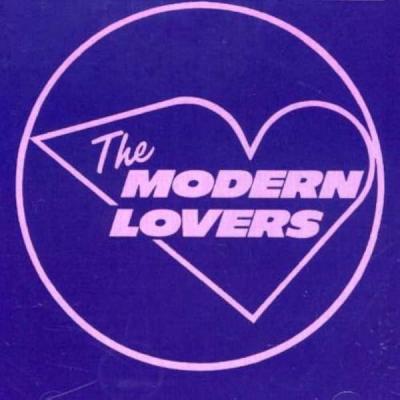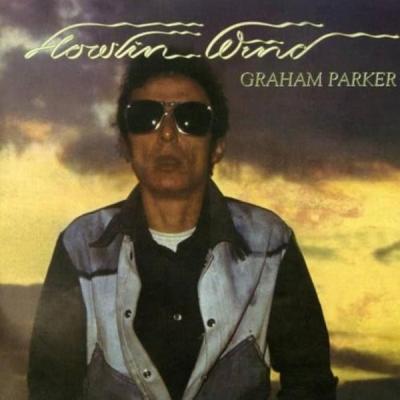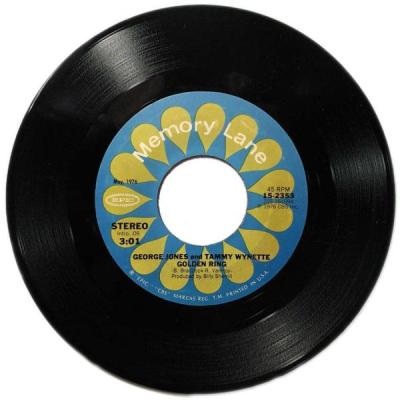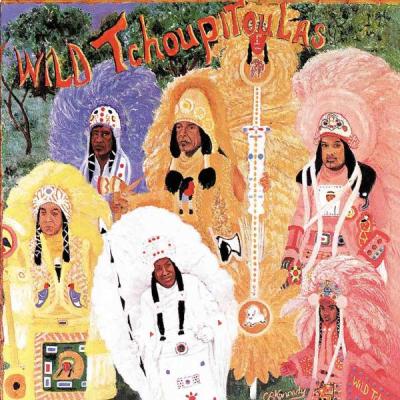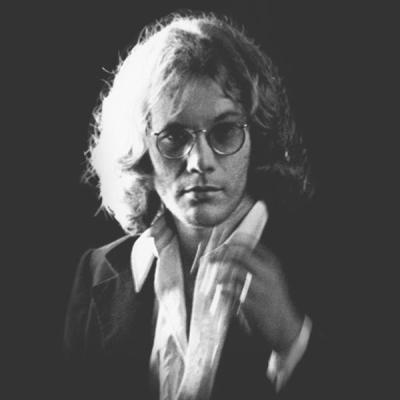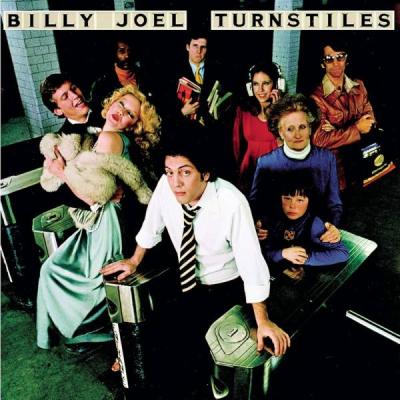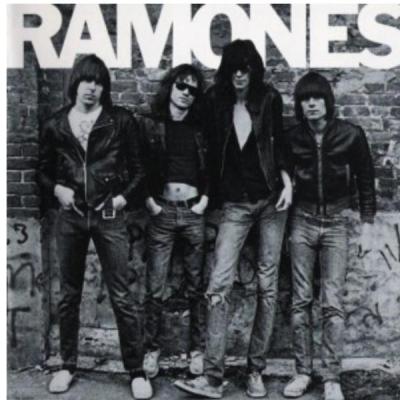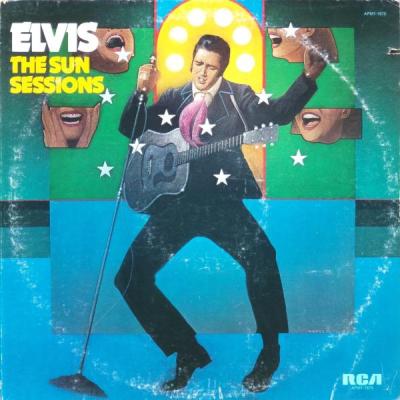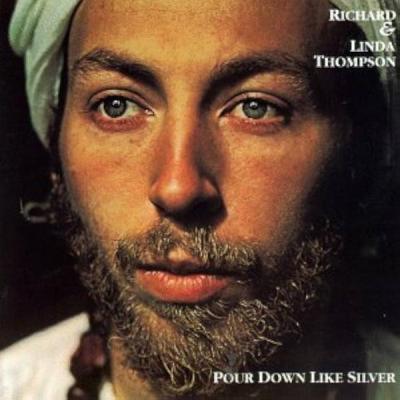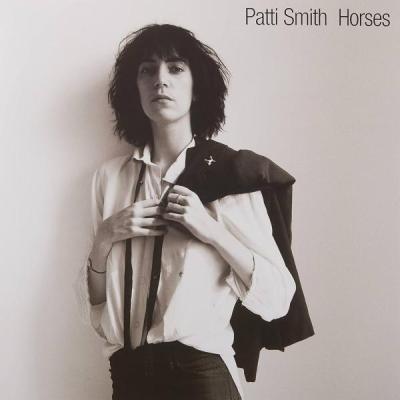


Mothers of Invention: Freak Out!
Album #59 - June 1966
Episode date - March 11, 2015
In retrospect, it’s pretty comical to observe that Frank Zappa got his start in the music business because his band was originally perceived as a blues band.
In 1965 and 1966, the white-blues-band thing was getting a lot of attention when MGM’s record producer Tom Wilson happened to see the band perform one song. Wilson previously worked for Columbia, developing a stellar reputation for his production of Simon and Garfunkel, but most notably for recording Bob Dylan’s seminal work. Looking for the ‘next big thing’, he quickly signed ‘The Mothers’, believing he was latching on to a burgeoning trend.
Zappa and his cohorts had no such thing in mind, though. From the beginning, Zappa composed and recorded original material that took a deeply sardonic overview of American pop culture. Partially due to a vice squad frame-up that caused him to be arrested on ‘conspiracy’ charges, Zappa held a deeply cynical view of society. It was easy to categorize ‘straights’ who ran things as conformist posers, but the freaks behaved more or less identically, only with different parameters! The alternative ‘drug culture’ that was fomenting in California wrapped itself up in its own cocoon of norms and expectations. Zappa did not so much celebrate the cultural divide as much as become a wry observer. “Hungry Freaks, Daddy” and “Who Are the Brain Police?” sound incredibly anti-establishment – and of course, they are – but they are also elaborate collages that poke fun at the de jour hippies, too.
Listeners from either side of the spectrum often missed the point entirely and misconstrued the whole album as elaborate ‘drug music.’ Zappa despised drugs, but saw himself surrounded by ‘freak’ culture. Far from being a proponent for this cause, Zappa utilized his creativity to critique both sides of the fence. “Freak Out” isn’t drug influenced, but rather an intuitive and deliberately artful observation on the absurd nature of drug culture, in a society too square to acknowledge it. Zappa expanded the band’s sound with orchestral arrangements, combining elements of doo-wop, dada, and rock music into an amalgam that was destined to fail commercially, but eventually recognized as a cornerstone of counterculture observation. Some of it is dense and difficult, particularly the extended pieces that make up much of the album’s second half, and a lot of it does not gel like a ‘normal,’ cohesive set of songs, but that was Zappa’s point. The Mothers were not designed to kowtow to the mainstream, but to rub against it while simultaneously out-freaking the freaks. He succeeded gloriously.
June 1966 - Billboard Charted: #130
Related Shows
- 1 of 20
- ››


